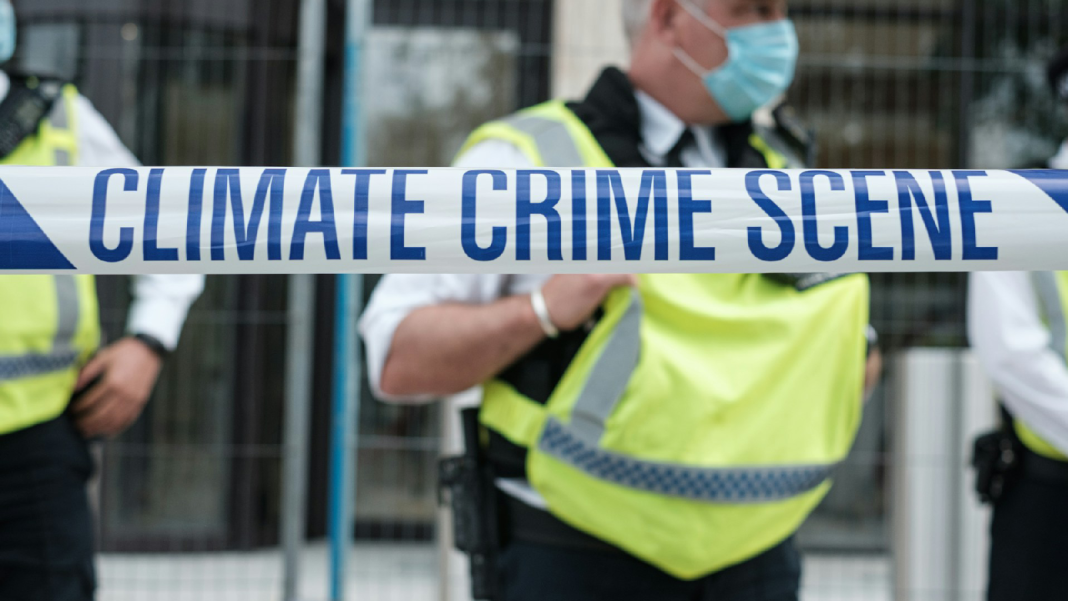“Once upon a time, the only thing we could say about a particular weather event was that it was ‘consistent with climate change,’” Yale Climate Connections Meteorologist Bob Henson said to kick off a webinar on climate attribution science on May 3, 2024.
In the last 20 years, the field of attribution science, which is dedicated to analyzing the effects of climate change on specific weather events, has gained steam. Nowadays, scientists can tell with much more certainty how much climate change influences the severity and intensity of heat waves, droughts, hurricanes, and more, by comparing weather data from the real world to a counterfactual, modeled world where climate change has not occurred.
Such studies enable scientists to communicate with more confidence, for example, that a particular heat wave would have been “virtually impossible” without the influence of human-caused climate change.
Henson was joined in the webinar by attribution science experts Andy Pershing, vice president for science at Climate Central; Deepti Singh, assistant professor at Washington State University Vancouver; and Bernadette Woods Placky, chief meteorologist, vice president for engagement, and director of the Climate Matters program at Climate Central.
Pershing and Singh both said that some types of extreme weather are more complicated to attribute to climate change than others. Heat waves, for example, are relatively easy, while individual wildfires — with all kinds of complex factors like temperature, wind, and pyrotechnic gender-reveal parties — are more difficult to link directly to climate change.
“Climate change is an important factor in many, if not most weather events,” Pershing said. “It’s really just a matter of how finely can we diagnose the cause and effect.”
Singh, who has analyzed droughts, floods, and more, said there can be gaps in the data available for attribution models. Solid historical data for temperature, precipitation, and other weather events in a region are important inputs in the scientists’ calculations, but they aren’t always available.
“When we don’t find an effect of climate change, one [reason] is that it could be that climate change has not contributed to making that event worse,” she said. “The other reason that we cannot attribute certain types of events, especially in parts of the world that we don’t have a good observational record, is that our data isn’t good.”
This may be a particular issue in parts of the Global South. Without historical data, it can be hard to know what would be “normal” without climate change. This can be a problem, Singh said, because increasingly, attribution studies are being used in ways that influence people’s lives. For example, attribution science is starting to be used in discussions of loss and damage in international climate negotiations, and it’s also being used in lawsuits by communities seeking reparations for climate-change-related damages, she said.
Woods Placky said that learning about attribution science can help people talk about climate change and associated risks with their loved ones. In her work, she uses attribution science to help local broadcast meteorologists and media communicate to their audiences how they’re being affected by climate change in real time.
To learn more, watch the full webinar.
We help millions of people understand climate change and what to do about it. Help us reach even more people like you.



